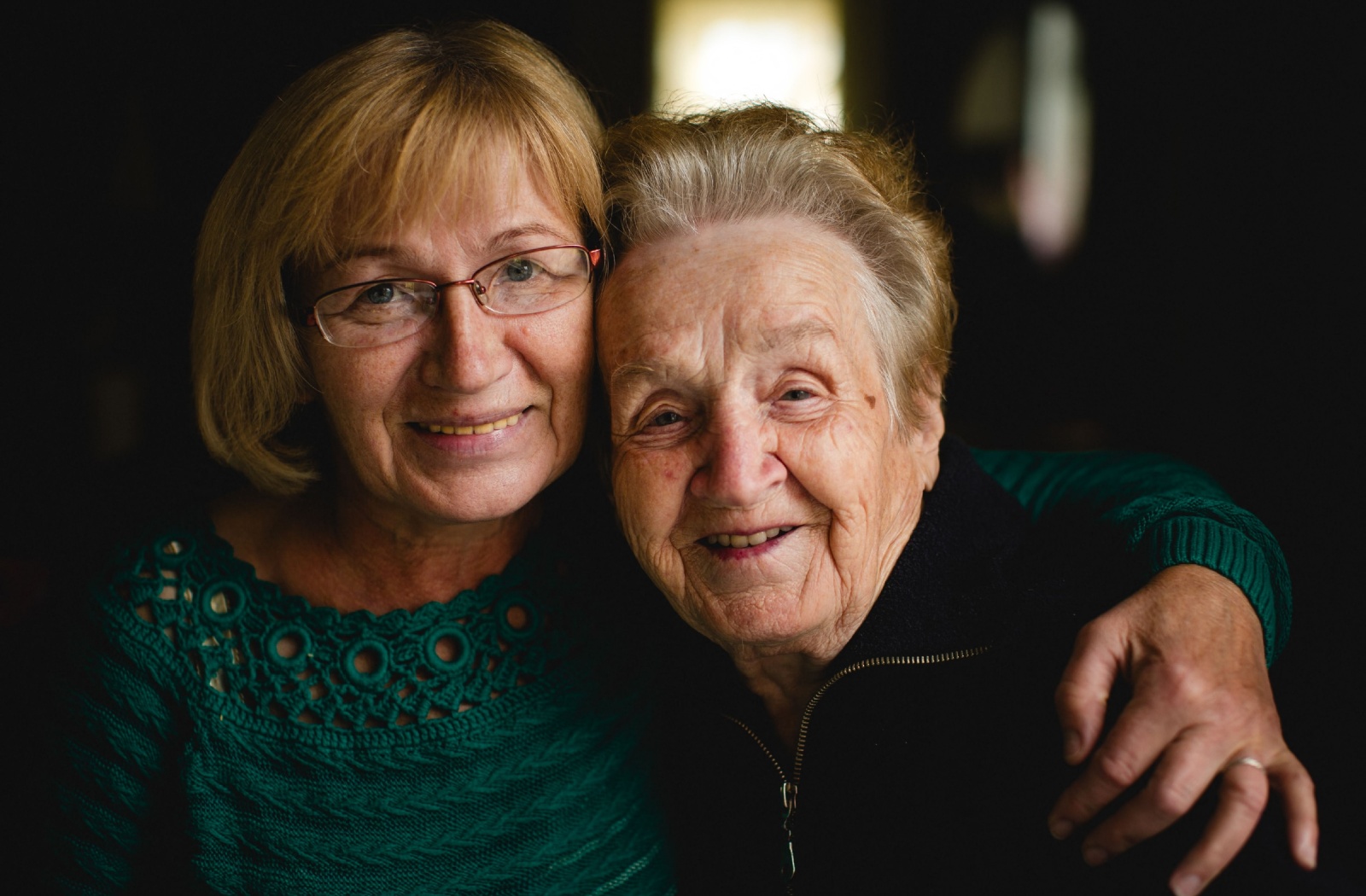As loved ones age, a question that often comes up is when is the right time for senior living? Navigating care for an elderly parent can be complex, particularly when they resist the idea of moving into an assisted living community.
Many adult children and family members go through this emotional struggle as they only want the appropriate care for their loved ones, oftentimes, more than what they can provide.
The following 6 tips can help you manage this delicate situation when your elderly parent refuses assisted living:
- Understand their perspective
- Maintain open communication
- Involve them in researching all options
- Make adjustments at home
- Seek professional advice
- Take care of yourself
With patience, empathy, and the right approach, it’s possible to find a solution that respects your parent’s wishes while keeping their safety and well-being in mind.
- Understand Their Perspective
One of the most important steps in addressing your parent’s refusal of assisted living is to understand their point of view. Here are some common reasons they might resist the idea:
- Loss of independence: Moving to an assisted living community often feels like losing control over one’s life. Many older adults fear they will no longer have the autonomy they’ve enjoyed.
- Financial concerns: Your parent might worry about the cost of assisted living.
- Desire to stay in familiar surroundings: The comfort of home is incomparable. Moving to a new place can be daunting, and many older adults prefer to stay in a familiar environment filled with memories.
By empathizing with these concerns, you can approach the conversation with greater sensitivity and understanding.
- Maintain Open Communication
Effective communication is crucial when discussing assisted living with your elderly parent. Here are some strategies for initiating open and honest conversations:
- Active listening: Make sure you are listening more than you are speaking. Acknowledge your elderly parent’s feelings and show that you understand their concerns.
- Finding common ground: Identify areas of agreement to build a foundation for further discussion. For instance, you both want the right care for their health and well-being.
- Respectful dialogue: Avoid being confrontational. Use “I” statements to express your concerns without making your elderly parent feel defensive. For example, you can say, “I’m worried about your safety when you’re alone at home.”
An open line of communication can make it easier to explore different solutions together.
- Research All Options
Assisted living isn’t the only option available. You can involve your elderly parent in exploring different types of senior care to provide alternatives before they decide:
- In-home care: Professional caregivers can assist with daily activities while allowing your elderly parent to stay in their home.
- Day programs: Offer social interaction, activities, and medical supervision during the day, giving caregivers a break.
- Assisted living communities: Research and visit a community to find one that fits your parent’s needs and preferences.
Assessing options together can help you find a solution that balances their desire for independence with the need for safety and support.
- Make Adjustments at Home
If your elderly parent is determined to remain in their home, you can consider home adjustments to accommodate their safety and comfort. Here are some practical tips for home modifications:
- Install grab bars and handrails: These can help prevent falls in critical areas like bathrooms and staircases.
- Improve lighting: Well-lit areas can reduce the risk of accidents, especially in hallways and stairs.
- Rearrange furniture: Create clear pathways and remove tripping hazards such as loose rugs or clutter.
These adjustments can make aging in place a safer and more viable option for your elderly parent.
- Seeking Professional Advice

Consulting with professionals can provide valuable insights and help you make informed decisions for an elderly parent:
- Healthcare professionals: Doctors and geriatric specialists can assess your elderly parent’s health needs and provide care recommendations.
- Financial advisors: They can help you understand the financial aspects of different care options and plan for future expenses.
- Legal experts: Elder law attorneys can assist with estate planning, power of attorney, and other legal matters relevant to senior care.
- Taking Care of Yourself
Caring for an elderly parent can be taxing emotionally and physically, and it’s crucial to look after your well-being as well. Here are some self-care tips for adult children and caregivers:
- Set boundaries: Establish limits so you’re not overwhelmed by caregiving responsibilities.
- Seek support: Reach out to other family members, friends, or support groups for emotional and practical assistance.
- Professional help: Don’t hesitate to hire professional caregivers if needed. It’s okay to seek help to manage the load.
- Consider respite care: Respite care in senior living offers older adults short, temporary stays for older adults to try senior community living before they commit.
Assisted Living to Suit Your Lifestyle & Needs
The main concern for adult children is the health, well-being, and happiness of elderly parents. By considering all the options, communicating openly, and seeking professional help, you can find a resolution when facing resistance from an elderly parent about moving into assisted living.Assisted living offers not only care services but also various amenities and social activities to help your elderly parent maintain their independence and improve their quality of life. For information about our senior lifestyle options, contact All American Assisted Living at Raynham.


